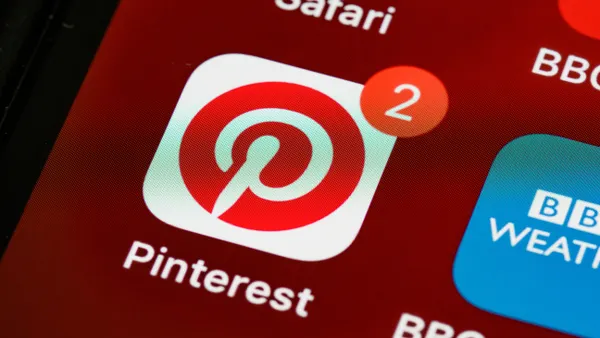Dive Brief:
-
Retail executives appear to be hitting their marks, as nearly a third (29%) of them have received payouts of at least 100% of their targeted bonuses, according to a study from consulting firm Korn Ferry. In 2017, by contrast, just 15% of retail executives received all of their target bonuses.
-
Meanwhile, the percentage of retail executives receiving no bonus dropped year over year. Only 5% of executives said they were receiving no bonus this year, compared to last year when 29% got no bonus. The decrease in execs receiving no bonus represents a reversal of a five-year trend, according to Korn Ferry.
-
Last year, as many retailers floundered, Korn Ferry found that nearly three quarters (73%) of retail executives in North America received reduced bonuses, and more than a third (35%) were facing the prospect of getting none at all.
Dive Insight:
A robust economy and tax cuts are fueling earnings at many retailers, yanking them out of a doldrums that for a while seemed perpetual.
"Despite ongoing high-profile retail closures, the industry in general is continually evolving to attract customers and increase financial performance. That results in an increase in the size of bonuses retailers are able to award their executives," Korn Ferry senior partner Craig Rowley said in a statement.
But the reversal of fortunes that Rowley is talking about doesn't hide the fact that retail remains a tricky business and that it's operating in an economy that offers a mixed picture for consumers.
Retail earnings are indeed projected to be better than they have been in years — expected to grow overall some 16.8% — but that’s not keeping pace with broader market income gains, according to a report from Retail Metrics analysts emailed to Retail Dive. "Our Retail Metrics Retail Earnings Index has underperformed S&P 500 earnings growth in every quarter since [Q4 2016], with the Street forecasting that string to continue through the remainder of this year," President Ken Perkins said in comments emailed to Retail Dive. He added that Q2 "could prove to be the high-water mark for retail earnings."
"Unfortunately, the retail earnings improvement is not attributable to a vastly improved consumer spending environment," Perkins said. "Stronger economic growth and consumer confidence are only partially responsible. The primary driver has been lower corporate taxes."
Plus, there are some potential dampers on the horizon, including rising interest rates, an increase in consumer borrowing that may not be sustainable and stalled wages for middle- and lower-income workers, Perkins added.















